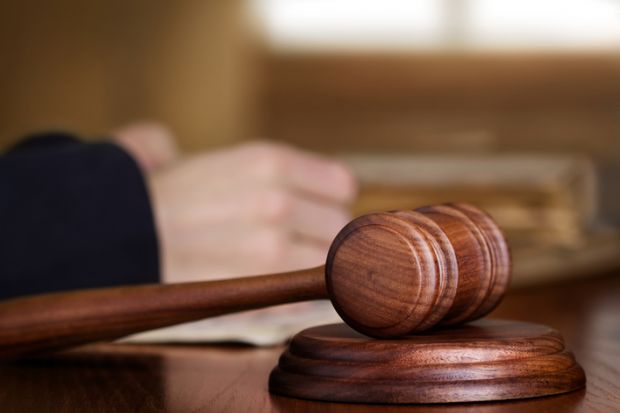A US federal judge blocked a Trump administration policy that had made it easier for the government to impose long-term bans on foreign students who overstayed their visas.
The ruling concerned the question of whether a visa violation was considered effective the moment it occurs or the moment the US Citizenship and Immigration Services reaches a decision on the case.
The Trump administration, for several student visa categories, implemented a policy in August using the date of the violation’s occurrence – even for minor or inadvertent visa status infractions.
That meant that by the time the violation was officially affirmed, many students were legally caught in an extended period of violation, often subjecting them to bans on US re-entry lasting either three or 10 years.
In her ruling, Loretta Biggs, a district court judge, cited several problems with the administration policy, including its failure to undergo proper review and its violation of due process rights.
Judge Biggs, based in North Carolina, imposed a nationwide block on more enforcement of the Trump policy pending further legal action, saying that the foreign students and four colleges that brought the case – Guilford College, Haverford College, the New School and the Foothill-DeAnza Community College District in California – appeared likely to prevail at trial.
The colleges had argued in the case that the administration’s “use of a backdated unlawful presence clock” threatened to unfairly impose long-term bans on tens of thousands of foreign students.
They cited various ways that a foreign student could accidentally or unknowingly violate a visa condition, such as failing to alert the college to a change in personal information such as a new address, taking too few courses or working too many hours.
Trump administration officials, however, have argued that college students should be held accountable for such violations because too many are overstaying their allotted visa lengths.
Judge Biggs, in imposing a temporary stay on the Trump administration policy pending further review, said that students affected by the ruling were “likely to suffer irreparable harm” without the injunction.
The government, meanwhile, cannot be seen as guarding against any countervailing harm by merely allowing the continuation of procedures that existed for 20 years before the policy change, Judge Biggs wrote in her decision.
The judge set an “expedited” timeline for the sides to submit further statements and briefings, and then responses to them, during the month of May.
Register to continue
Why register?
- Registration is free and only takes a moment
- Once registered, you can read 3 articles a month
- Sign up for our newsletter
Subscribe
Or subscribe for unlimited access to:
- Unlimited access to news, views, insights & reviews
- Digital editions
- Digital access to THE’s university and college rankings analysis
Already registered or a current subscriber? Login







